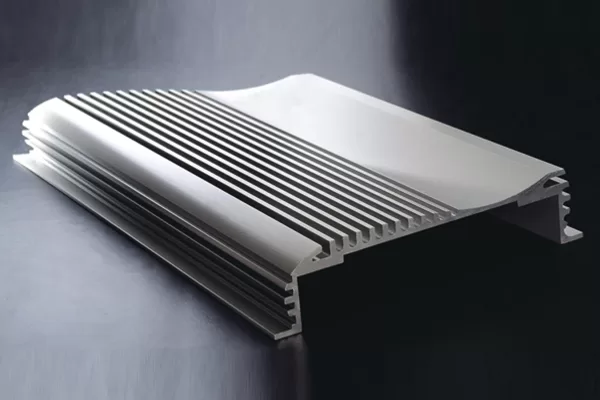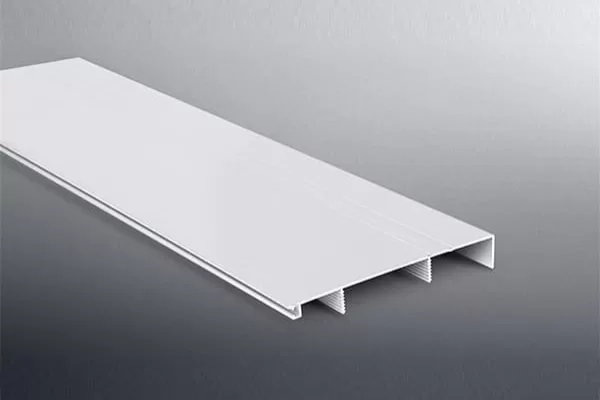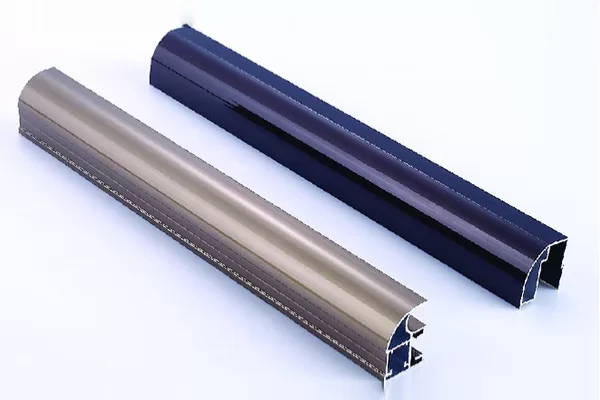Inverters are essential components in many electronic devices, converting direct current (DC) to alternating current (AC). To ensure optimal performance and longevity, it is crucial to select the right heat sink for your inverter. This article provides a comprehensive guide to help you make an informed decision, considering various factors that influence heat sink selection.
Understanding the thermal requirements of your inverter is paramount. Determine the amount of heat generated by the inverter and the maximum operating temperature it can withstand. This information is typically provided in the manufacturer’s specifications. The heat sink’s primary function is to dissipate heat effectively, preventing the inverter from overheating.
The heat sink’s size and surface area are directly related to its heat dissipation capabilities. Generally, larger heat sinks with more surface area can dissipate heat more efficiently. Consider the available space within your device and the size of the inverter to determine the appropriate heat sink dimensions.
The heat sink’s material conductivity plays a vital role in heat dissipation. Choose materials with high thermal conductivity, such as aluminum or copper. Additionally, the heat sink’s fin design influences its surface area and heat transfer capabilities. Opt for heat sinks with optimized fin designs that maximize air flow and heat transfer.
Ensure proper heat sink installation to optimize thermal performance. Use appropriate mounting hardware to securely attach the heat sink to the inverter. Consider using thermal paste or pads to enhance heat transfer between the heat sink and the inverter.
Consider the environmental conditions where the inverter will operate. Ensure the heat sink can withstand the anticipated temperature range and provide sufficient cooling under various operating conditions. Optimize airflow around the heat sink by ensuring adequate ventilation or incorporating fans for forced convection.
Heat sinks vary in price depending on the size, material, and design. Consider the cost and availability of different heat sink options before making a decision. Balance performance requirements with your budget constraints.
Selecting the right heat sink for your inverter requires a careful evaluation of various factors. By considering the thermal requirements, physical constraints, and environmental conditions, you can choose a heat sink that effectively dissipates heat, ensures optimal inverter performance, and extends its lifespan. Remember to consult with manufacturers or thermal engineers for expert advice and recommendations to make a well-informed decision.




